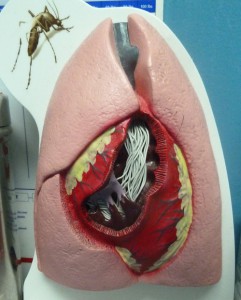“Should my other pets be present during the euthanasia process?” is a common question we get.
The answer is definitely yes, if at all possible. Allowing other pets in the household to be present during euthanasia or giving them a chance to say goodbye after the pet has passed away often gives a sense of closure. This will also decrease the chance that the pet will be waiting at the door or look all over the house for their deceased friend to come back home. We want to lessen the chance of them becoming depressed, looking out the windows, or even going off their food during the grieving process.
We here at Heaven at Home encourage other pets to be present throughout the procedure if possible. Occasionally a young, hyper or anxious pet may be too distracting to be participate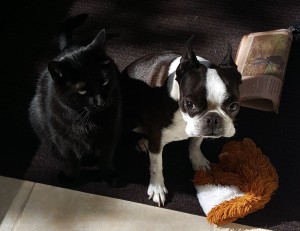 initially and in this case we encourage owners to have them in a different room. But often, even these personality types settle after becoming acquainted with the doctor and will have a “sense” of what is happening with their friend. Most times once we have begun, they lay down a small distance or even right next to their friend and accompany them as they cross over the rainbow bridge.
initially and in this case we encourage owners to have them in a different room. But often, even these personality types settle after becoming acquainted with the doctor and will have a “sense” of what is happening with their friend. Most times once we have begun, they lay down a small distance or even right next to their friend and accompany them as they cross over the rainbow bridge.
If for some reason it is impossible for other pets to be present during the procedure, they should at least have the chance to say good bye once the pet has passed. In most cases, the process does not take long, usually a brief sniff or glance before walking away. They often just seem to “know.” This does not mean that they won’t continue to grieve and may still look for their friend but it tends to help give a smoother transition. They will need extra love and support during the next few days as well.


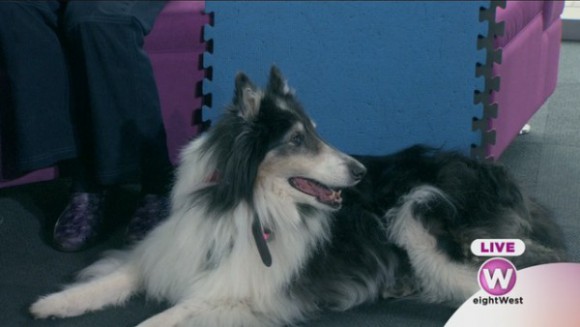
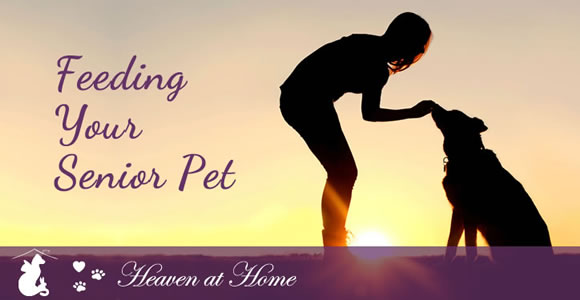 Many pet parents are confounded by conflicting advice on pet food in general, whether it’s commercial, grain-free, biologically appropriate and/or raw. This confusion can be compounded as your pet ages and is faced with medical conditions that require special consideration when it comes to diet. Many diseases that are common in older dogs and cats may be nutrient-sensitive, meaning that diet can play an important role in the management of the condition. As a general rule, dogs and cats 7 years of age or older are at risk of age-related diseases, though specific breed size, genetics, and physical condition influence the aging process.
Many pet parents are confounded by conflicting advice on pet food in general, whether it’s commercial, grain-free, biologically appropriate and/or raw. This confusion can be compounded as your pet ages and is faced with medical conditions that require special consideration when it comes to diet. Many diseases that are common in older dogs and cats may be nutrient-sensitive, meaning that diet can play an important role in the management of the condition. As a general rule, dogs and cats 7 years of age or older are at risk of age-related diseases, though specific breed size, genetics, and physical condition influence the aging process.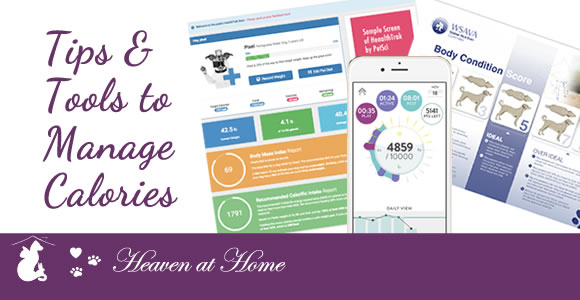 A pet parent who wants to optimize their aging pet’s health by preventing weight-gain but maintaining a healthy weight has two avenues to success – controlling the inputs and measuring the output. In other words, “Read, Feed and Weigh.”
A pet parent who wants to optimize their aging pet’s health by preventing weight-gain but maintaining a healthy weight has two avenues to success – controlling the inputs and measuring the output. In other words, “Read, Feed and Weigh.”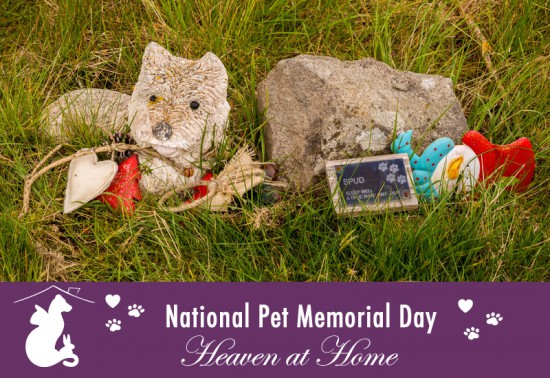

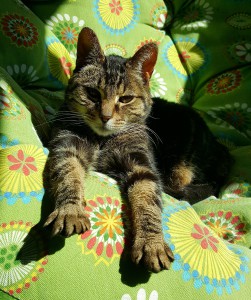
 The first rule of grieving is that there are no rules.
The first rule of grieving is that there are no rules.